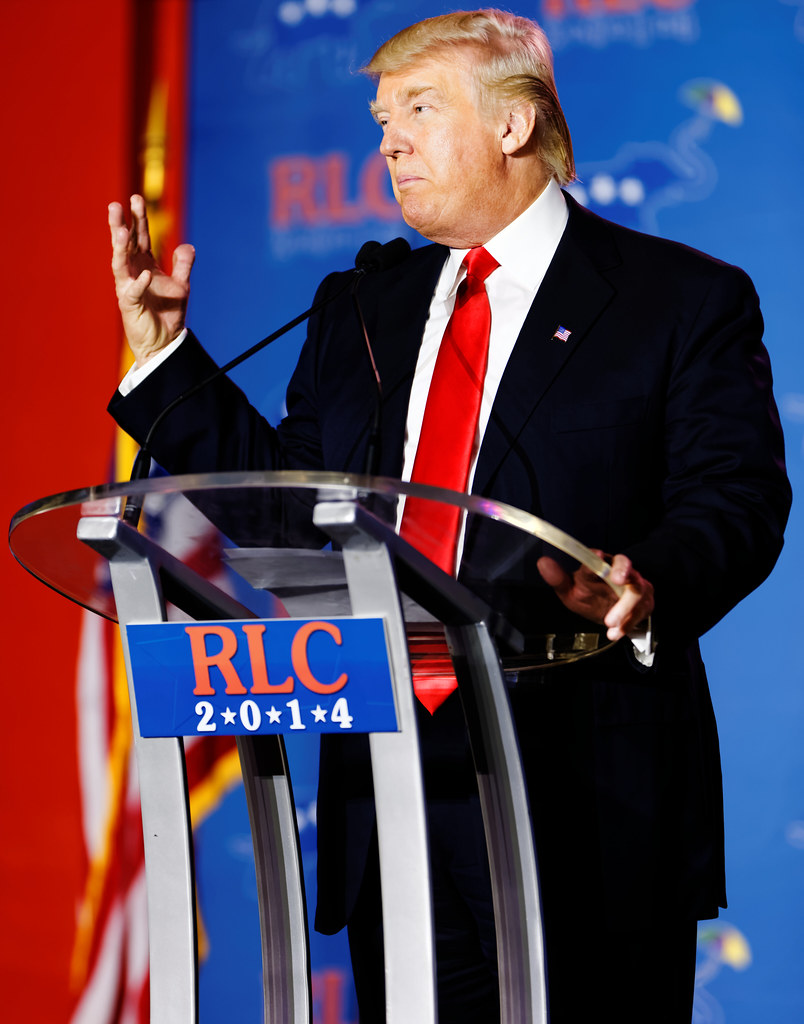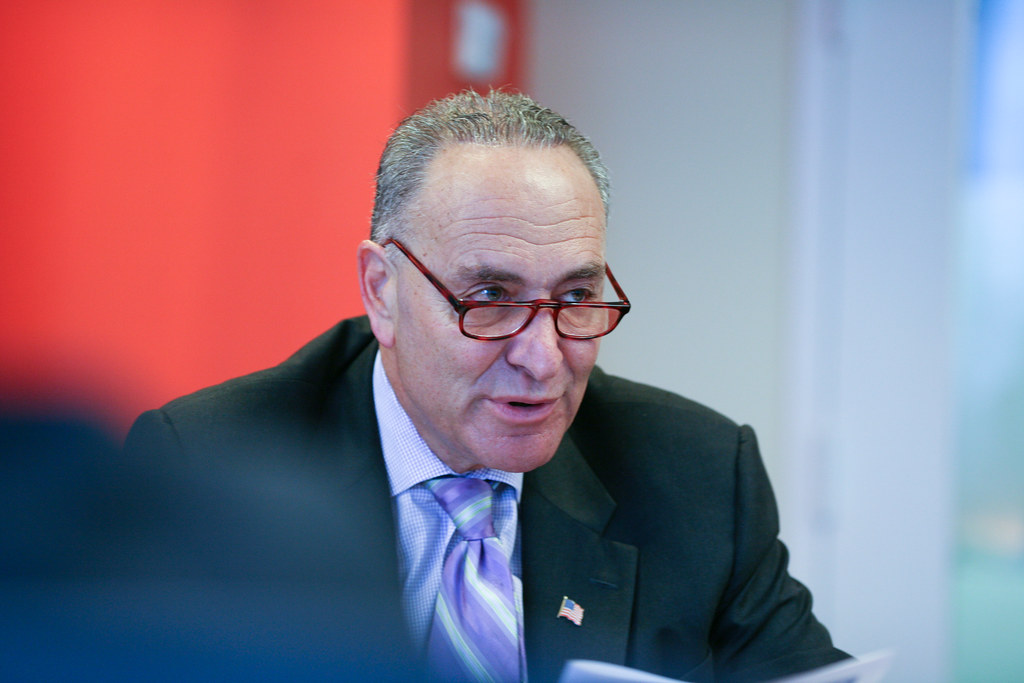OTTAWA — In a move that has sparked both support and controversy, Opposition Leader Pierre Poilievre has signaled a future Conservative government’s intent to mandate age verification on pornographic websites to shield minors from explicit content. This commitment, succinctly affirmed with a ‘Yes’ when queried on the matter, aligns with the party’s backing of Senate private member’s Bill S-210, which seeks to enforce such age checks.

Bill S-210, which sailed through the Senate and is currently awaiting further scrutiny by a House of Commons committee, has become a focal point in the debate over protecting children online while balancing the privacy rights of adults. The bill aims to penalize websites that fail to verify the age of users before granting access to sexually explicit material. However, the specifics of how this verification process would be implemented remain undefined, leaving room for speculation and concern.
The Conservative stance, as clarified by spokesperson Sebastian Skamski, is firmly against the imposition of a digital ID or any infringement on the privacy of adults accessing legal content. This position is echoed by Conservative Ontario MP Karen Vecchio, who, in addressing the Commons, emphasized the need to avoid direct collection of identity documentation, web browser history analysis, or biometric data processing for age verification.
The Liberals, who were the sole dissenters in the House vote, argue that the bill falls short in protecting children and suggest that forthcoming online harms legislation will offer a more comprehensive approach to child safety. Meanwhile, the company behind Pornhub, a major player in the online adult industry, has expressed its readiness to block Canadian access should the bill pass, citing the potential risks posed by regulations demanding the collection of sensitive personal information.
The international landscape reflects a growing trend towards legislating child protection from online pornography, with countries like the European Union, the U.K., France, Germany, and Spain taking steps in this direction. Canada’s proposed law, therefore, is not without precedent, but it does raise questions about the best methods to achieve its goals without compromising privacy and safety.
Critics of the bill, such as Michael Geist, Canada Research Chair in internet law, warn of the privacy and freedom of expression implications, particularly with methods involving facial scanning or uploading government-issued identity documents to foreign-based services. Bill S-210, however, stipulates that any personal information used for age verification must be handled with user privacy in mind and destroyed post-verification.
The public reaction to Poilievre’s announcement has been mixed, with some Canadians expressing skepticism about the enforceability of such a rule and others questioning the prioritization of this issue over other societal concerns. The debate underscores the complexity of regulating the digital realm, where the pursuit of safety intersects with the preservation of individual freedoms.
As the conversation around Bill S-210 continues, the challenge for lawmakers will be to craft a policy that effectively protects minors while respecting the rights of adults and the technical realities of the digital world. The path forward is fraught with technical, ethical, and legal considerations, and the outcome of this legislative effort will likely set a precedent for how Canada navigates the delicate balance between online safety and privacy.
Related posts:
Conservative government would require websites to verify age to watch porn: Poilievre
Poilievre says Conservative government would mandate age verification to watch porn
Pierre Poilievre wants porn sites to ID its users but some Canadians aren’t convinced it’s possible





